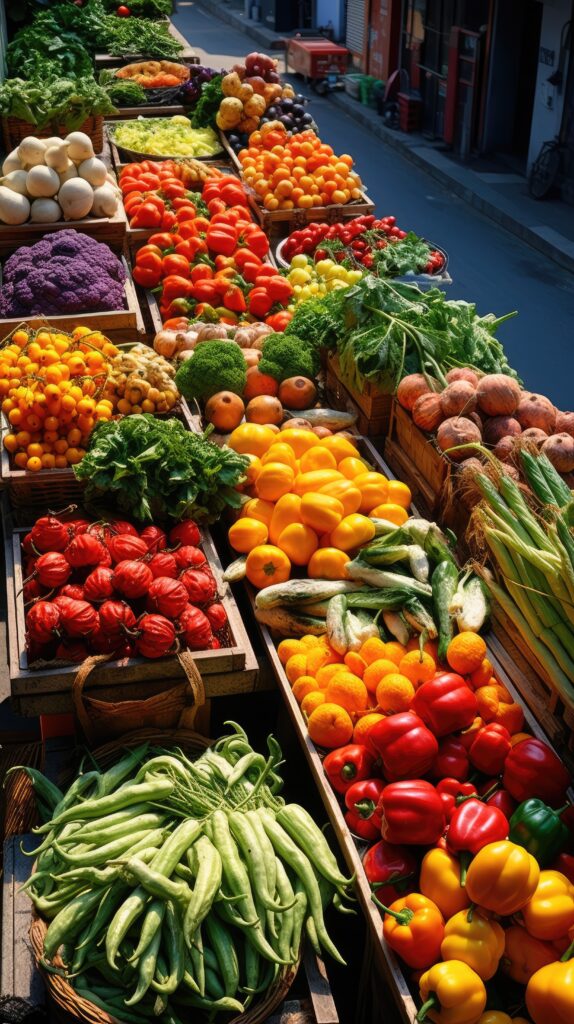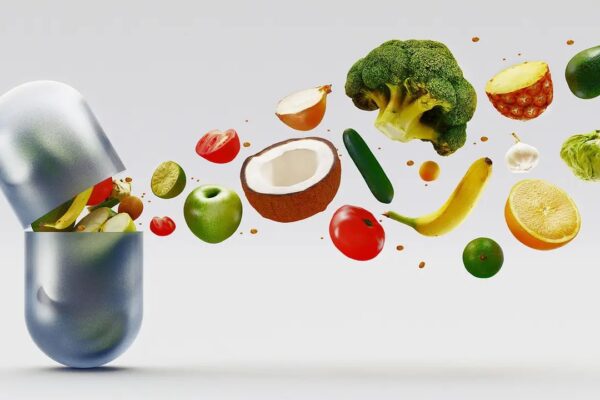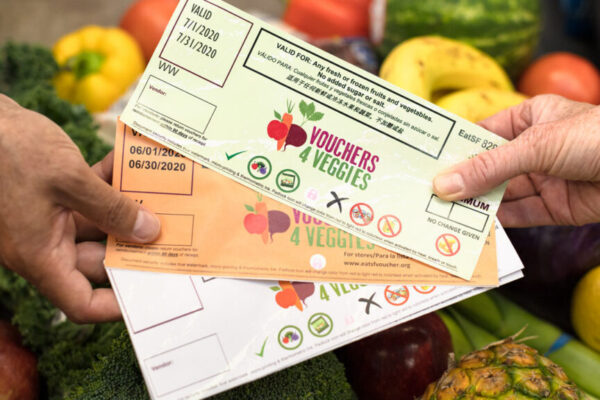5/31/2024 –
If doctors prescribed fruits and vegetables like medicine, could people improve their health through diet alone? That’s the theory behind a growing number of programs in the U.S. that deliver free produce.
These so-called produce prescription programs aim to combat heart problems and obesity-related diseases by either preparing free bundles of fruits and veggies for participants to pick up on a regular schedule, delivering fresh batches of produce to people’s homes or giving them money to buy produce.
Carol Grand, a 63-year-old retiree in Tulsa, Oklahoma, joined one such program in late 2022 after she was diagnosed with diabetes. Her doctor prescribed her medication, she said, but she didn’t want to rely on it forever.
“I said, ‘Well, this can’t possibly be the way I’m going to live my life,’” Grand said. “If there was another alternative, then I was there for it.”
Grand signed up for FreshRx Oklahoma, a nonprofit food prescription service for people with diabetes. The yearlong program distributes bags of locally grown fruits and vegetables, along with recipes, every two weeks. Participants also receive free health screenings every quarter.
Grand said her blood sugar dropped to nondiabetic levels and she lost 50 pounds.
Before the program, she said, she regularly ate junk food because it was more affordable: “My diet was horrible: anything quick, anything loaded with sugar.” Now, Grand said, she cooks recipes like sauteed tofu and sweet peppers.
Recent studies support the benefits of these programs. New research presented Wednesday at the American Heart Association’s scientific sessions in Chicago analyzed the impact of a program called Recipe4Health, which delivers 16 weekly batches of free produce to people’s doorsteps in Alameda County, California. Participants also attend group medical visits that teach them about nutrition and physical activity.
The researchers examined the effects on nearly 5,300 middle-aged patients at Federally Qualified Health Centers (clinics that serve low-income, uninsured or underinsured patients). The participants all had a chronic health condition or were food insecure.
Their health care providers sent an electronic “prescription” to Recipe4Health.
“The prescription, instead of going to the pharmacy, goes to the farm,” said Lisa Goldman Rosas, an assistant professor of epidemiology and population health at Stanford School of Medicine, who presented the research.
“The fact that it comes from your provider is very powerful,” she added. “It’s sending the message that food is part of your health because your provider cares about it.”
The researchers compared participants’ health records with those of patients at other Federally Qualified Health Centers who had not received the produce deliveries. Over the course of a year, participants significantly lowered their non-HDL cholesterol (the kind that clogs arteries) compared to the other group. Some participants also saw lower blood sugar levels.
Participants not only increased their produce consumption but also their physical activity, according to the research, which has not been peer-reviewed or published in a scientific journal. The share of participants who said they were food insecure (meaning they had limited access to healthy food due to a lack of money and other resources) dropped from 59% to 48%. However, being part of the program didn’t seem to change people’s blood pressure or body mass indexes.




